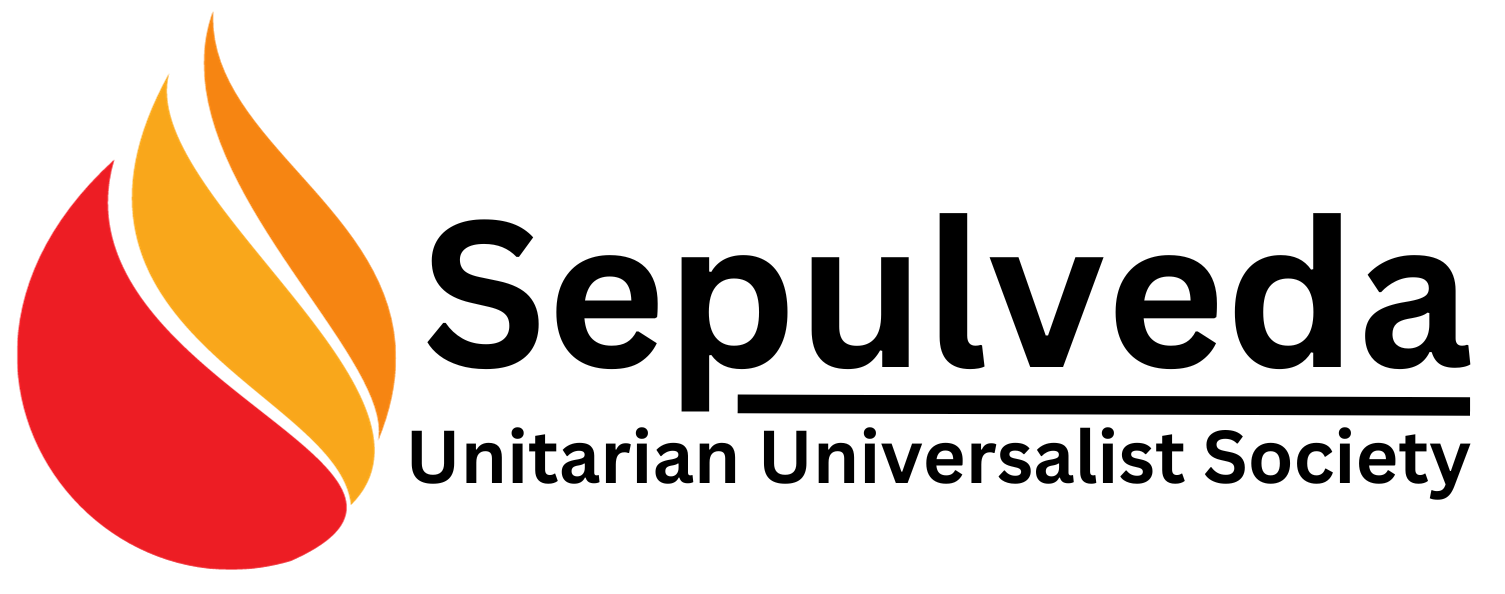Day 7: Seeking Professional Help
Today, we focus on seeking professional mental health support. While self-care practices, community support, and mindfulness can be powerful tools for maintaining mental wellness, there are times when professional help is essential. Understanding when and how to seek this support is crucial for both our well-being and the well-being of those we care about.
The Importance of Professional Mental Health Support
Mental health challenges can be complex, and in many cases, professional guidance is necessary to navigate them effectively. Therapists, counselors, psychologists, and psychiatrists have the expertise to help individuals understand and manage mental health conditions, whether it’s through therapy, medication, or a combination of treatments. Seeking professional help is not a sign of weakness; it is a proactive and courageous step toward healing and growth.
Compassionate Values Support Seeking Help
We affirm the inherent worth and dignity of every person, which includes recognizing the importance of mental health and well-being. Seeking professional help aligns with our commitment to compassion and justice, as it ensures that individuals receive the care they need to thrive. It is also a way of honoring our interconnectedness by acknowledging that we sometimes need the support of others to navigate life’s challenges.
When to Seek Professional Help
It can be difficult to know when to seek professional help, especially if you are accustomed to handling challenges on your own. However, there are certain signs that indicate it might be time to reach out to a mental health professional:
- Persistent Feelings of Sadness or Anxiety: If you or someone you know is experiencing persistent feelings of sadness, hopelessness, or anxiety that last for weeks or months, it may be time to seek professional help.
- Difficulty Functioning in Daily Life: When mental health challenges begin to interfere with daily activities, such as work, school, or relationships, professional intervention is often necessary.
- Substance Use: If you find yourself using drugs or alcohol to cope with emotional pain, or if substance use is affecting your health or relationships, a mental health professional can help address these issues.
- Thoughts of Self-Harm or Suicide: If you or someone you know is experiencing thoughts of self-harm or suicide, it is crucial to seek immediate professional help. This is a mental health emergency that requires prompt attention.
- Trauma or Grief: Experiencing trauma, such as a major loss, abuse, or a life-altering event, can have profound effects on mental health. Professional therapy can provide the tools and support needed to heal and move forward.
Affordable and Culturally Competent Care
One of the barriers to seeking professional help is the cost, especially for those who are uninsured or underinsured. Additionally, finding a mental health professional who understands and respects your cultural background, identity, and experiences is essential for effective care. Fortunately, there are resources available to help:
- Open Path Collective: This organization offers access to affordable mental health care, connecting individuals with therapists who provide sessions at significantly reduced rates. It’s a great resource for those who need professional help but are concerned about the cost.
- Therapy for Black Men: This platform connects Black men with culturally competent therapists who understand the unique challenges they face. The website also offers resources and articles on mental health topics relevant to the Black community.
- Inclusive Therapists: This directory focuses on connecting individuals with therapists who are committed to cultural humility and competence. The platform emphasizes intersectional identities, including race, gender, sexual orientation, and disability.
- The Loveland Foundation: This foundation provides financial assistance for therapy sessions to Black women and girls, ensuring that cost is not a barrier to receiving professional mental health care.
- Sliding Scale Therapy Directories: Many therapists offer sliding scale fees based on income. Websites like TherapyDen and Psychology Today allow you to search for therapists who provide this option.
Today’s Reflection
As we reflect on the importance of seeking professional help, consider whether you or someone you know might benefit from this support. How can we, as a community, reduce the stigma around seeking therapy and make mental health care more accessible to all?
Remember, seeking professional help is a sign of strength and self-care. It’s an acknowledgment that we don’t have to face life’s challenges alone and that there are skilled professionals ready to assist us on our journey toward healing and wellness.
Learn more about Black Mental Health Alliance (BMHA) which provides resources, support, and advocacy for mental health within Black communities including a directory of culturally competent therapists and support services for those struggling with addiction and mental health issues.
We invite you to join us each day of October as we delve into these critical topics. Together, we can foster a culture of care, where we uplift one another and build a more compassionate world. Let this month be a time of healing, growth, and connection as we care for ourselves and others.
#UU #UUA #CelebrateDiversity #AddressingAddiction #BIPOC #FamilyCareGivers #MentalHealthAwareness #MentalHealthMatters #Queer #SuicidePrevention #Youth #StopTheStigma
Discover more from SepulvedaUU
Subscribe to get the latest posts sent to your email.
